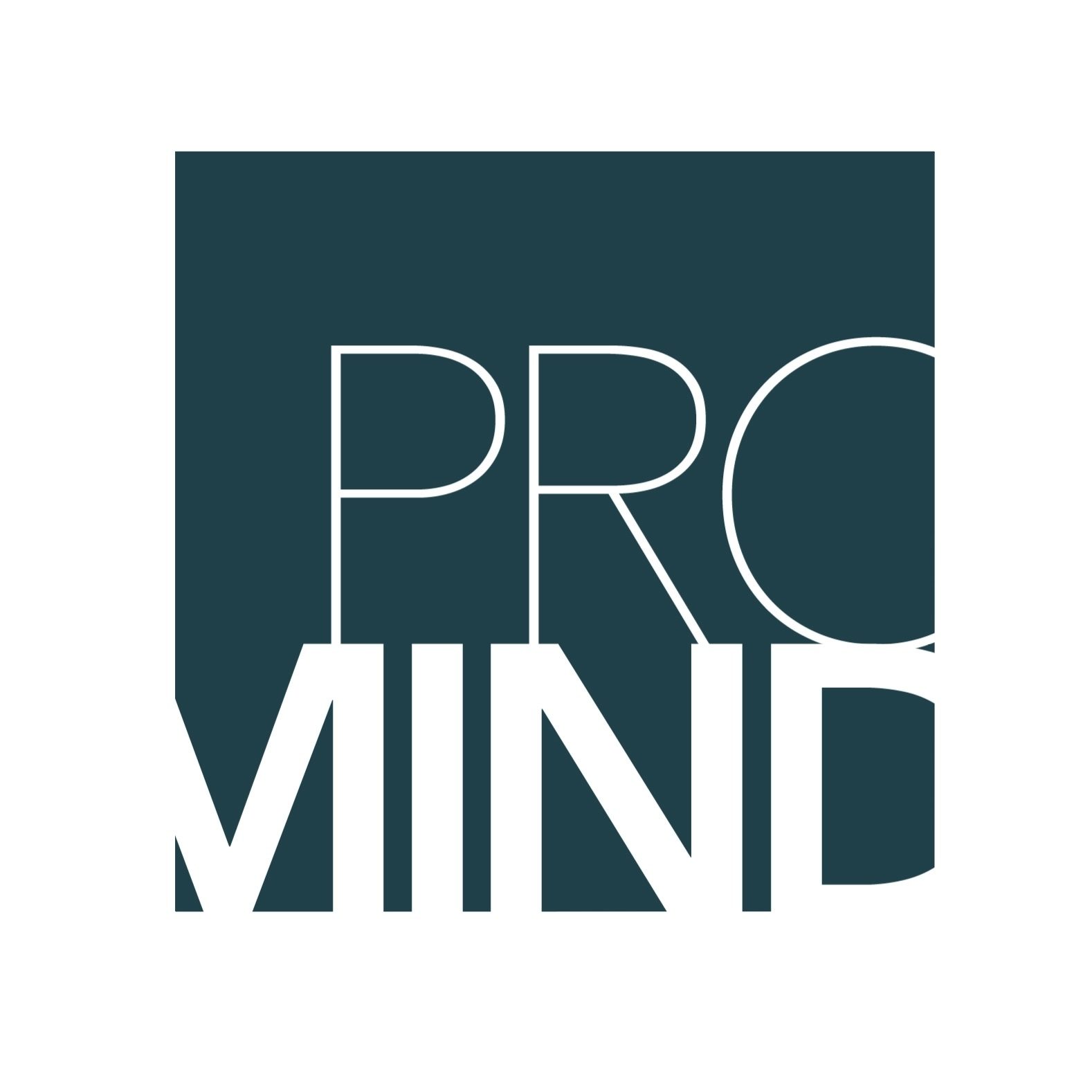Current treatments for depression are only effective for half of the patients. To improve and innovate treatments, a better understanding on how symptoms improve during treatment is essential. One of the most often hypothesized treatment mechanisms to reduce symptoms during psychotherapy is the acquisition of skills to cope with symptoms. However, cognitive and neurobiological impairments inherent to depression might interfere with skill learning and patients may vary in their capacity to learn therapy-skills, suggesting that enhancing learning in those who need it seems important to improve psychotherapy outcomes.
In two studies, we investigate how different cognitive support strategies (mental imagery versus retrieval versus control) can improve skill acquisition within a non-clinical sample (study A) and in a sample with elevated distress (study B). This is a first step towards disentangling how cognitive support strategies can benefit therapy mechanisms (in this case: skill acquisition) and outcome (in this case: distress).
The studies started in november 2020 and will continue till the end of 2022.
Researcher: Sanne Bruijniks, Fritz Renner
Registration link:
